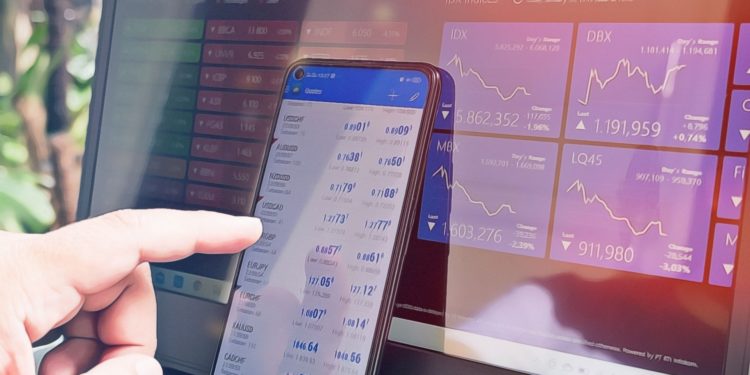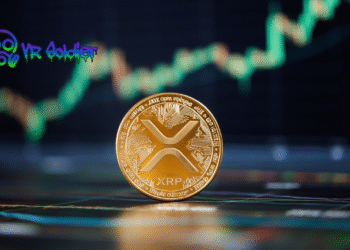As cryptocurrencies continue to gain popularity and more people invest in them, it is becoming increasingly important for traders and investors to understand the risks associated with storing their cryptocurrency on centralized exchanges.
Backgrounds: Centralized exchanges are businesses that facilitate the buying, selling, and holding of cryptocurrencies or offer any other cryptocurrency services. They are run by a central authority and typically hold large amounts of cryptocurrency on behalf of their users. While centralized exchanges provide a convenient way to trade and hold cryptocurrency, especially for newbies, they also pose significant risks.
Risks In Storing Crypto On Centralized Exchanges
The first risk of storing cryptocurrency on centralized exchanges is the risk of security breaches. Centralized exchanges are a prime target for hackers due to the large amounts of cryptocurrency they hold. In recent years, several high-profile exchanges have been hacked, resulting in the loss of millions of dollars worth of cryptocurrency. When a security breach occurs, users who hold their cryptocurrency on the affected exchange may lose all of their funds, this isn’t what any investor would want for his investments.
The second risk of storing cryptocurrency on centralized exchanges is the risk of insolvency. Centralized exchanges are businesses that can go bankrupt or face financial difficulties, a case study is FTX exchange fallout in recent months. If an exchange goes bankrupt or becomes insolvent, users who hold their cryptocurrency on the exchange may lose all of their funds. This risk is increased by the fact that some exchanges operate without clear financial statements or audits, making it difficult to assess their financial health. Although most exchanges now publish their Proof or reserve (PoR) to the public, it’s still a major concern.
The third risk of storing cryptocurrency on centralized exchanges is the lack of control. When users hold their cryptocurrency on a centralized exchange, they are relying on the exchange to properly manage and secure their funds. Like we mentioned earlier, this can be the best way for newbies as they may not yet have proper orientation on how to manage their private keys in order to use a decentralized exchange. This means that users are trusting a third party to maintain control over their funds, which can be risky in the event of unforeseen situations such as a hack or insolvency.
The fourth risk of storing cryptocurrency on centralized exchanges is the limited access to funds. Some exchanges have restrictions on when and how much cryptocurrency can be withdrawn, which can be problematic in the event of a sudden market downturn or other financial emergency. This lack of access can prevent users from taking advantage of market opportunities or protecting their investments during periods of volatility.
Cold Wallets And Decentralized Exchanges To The Rescue
To simply mitigate these risks, traders and investors should look to avoid storing significant amounts of their cryptocurrency holdings on centralized exchanges. Instead, they should consider using a cold wallet, such as a hardware wallet, to store their cryptocurrency. Cold wallets are not connected to the internet, which makes them less vulnerable to security breaches. They also provide users with more control over their funds, as they are not relying on a third party to manage and secure the holdings.
Another option for traders and investors is to consider using a decentralized exchange. Decentralized exchanges operate on a blockchain network and allow users to maintain control over their funds, unlike the centralized exchanges. They do not hold user funds, which reduces the risk of security breaches and insolvency. Decentralized exchanges also provide users with more flexibility in terms of when and how much cryptocurrency can be withdrawn.
In addition to using a cold wallet or a decentralized exchange, traders and investors should also take steps to protect their cryptocurrency holdings. This includes using strong passwords, enabling two-factor authentication, avoiding sharing personal information with third parties and or even, running after scams in disguise as airdrops. Users should also regularly check their account balances and transaction histories to ensure that their funds are secure, and also report to the platform if they notice any strange fund movements or attempts.
Final Thoughts
Finally, traders and investors should avoid storing significant amounts of their cryptocurrency holdings on centralized exchanges. The risks associated with centralized exchanges, including security breaches, insolvency, lack of control, and limited access to funds, make them a less secure option for storing cryptocurrency. Instead, users should consider using a cold wallet or a decentralized exchange to store their cryptocurrency and take steps to protect their funds.
Disclosure: This is not trading or investment advice. Always do your research before buying any cryptocurrency or investing in any projects.
Image Source: Photo by Marga Santoso on Unsplash // Image Effects by Colorcinch












